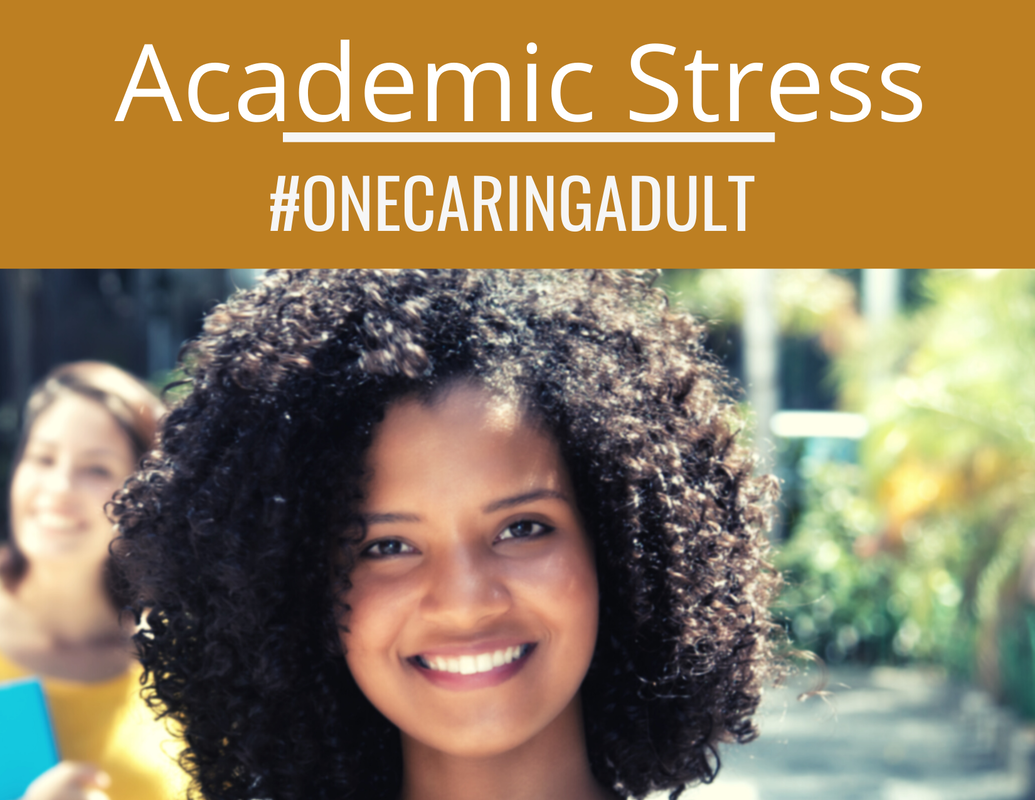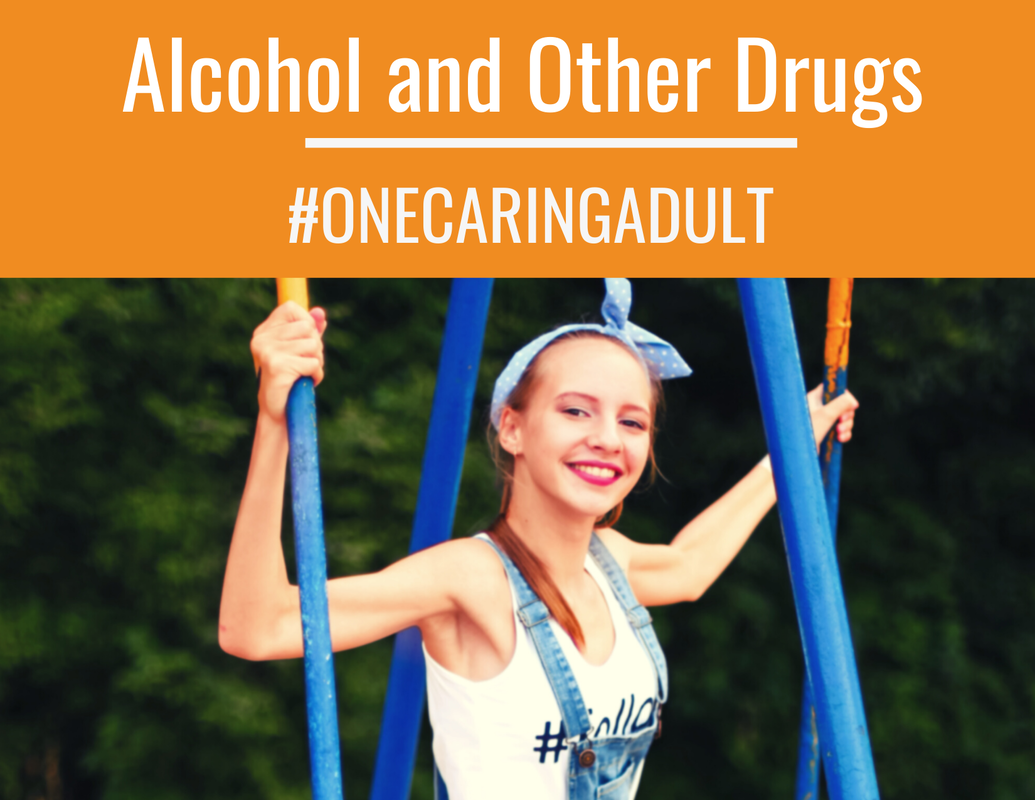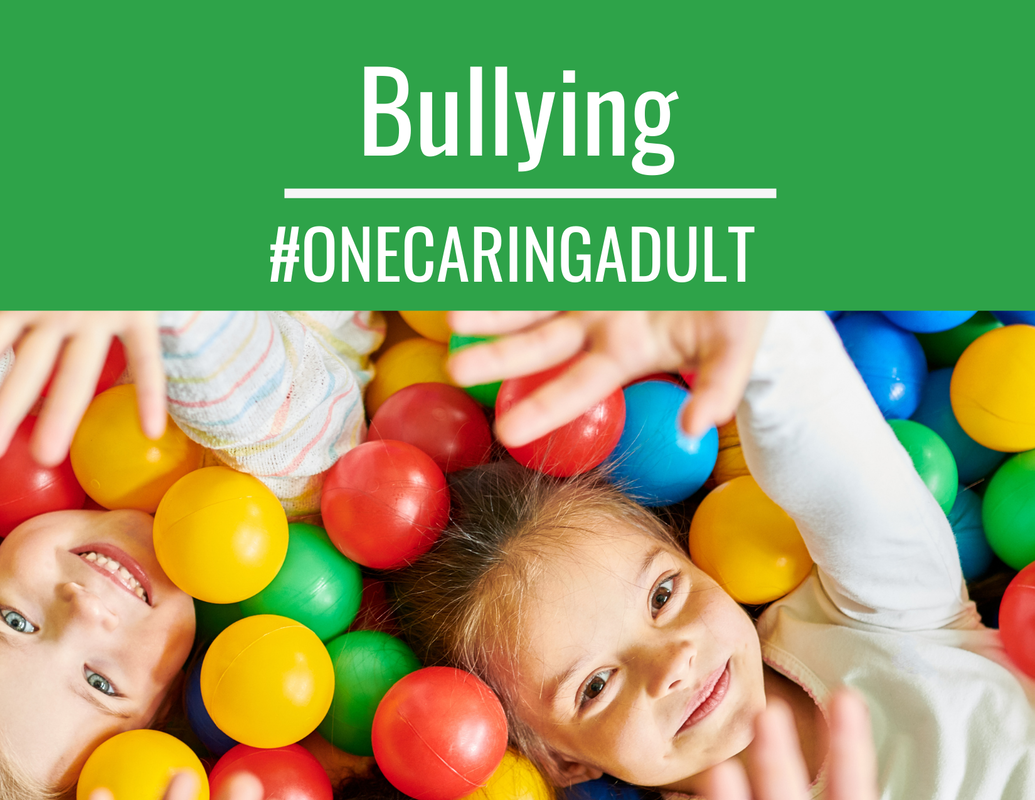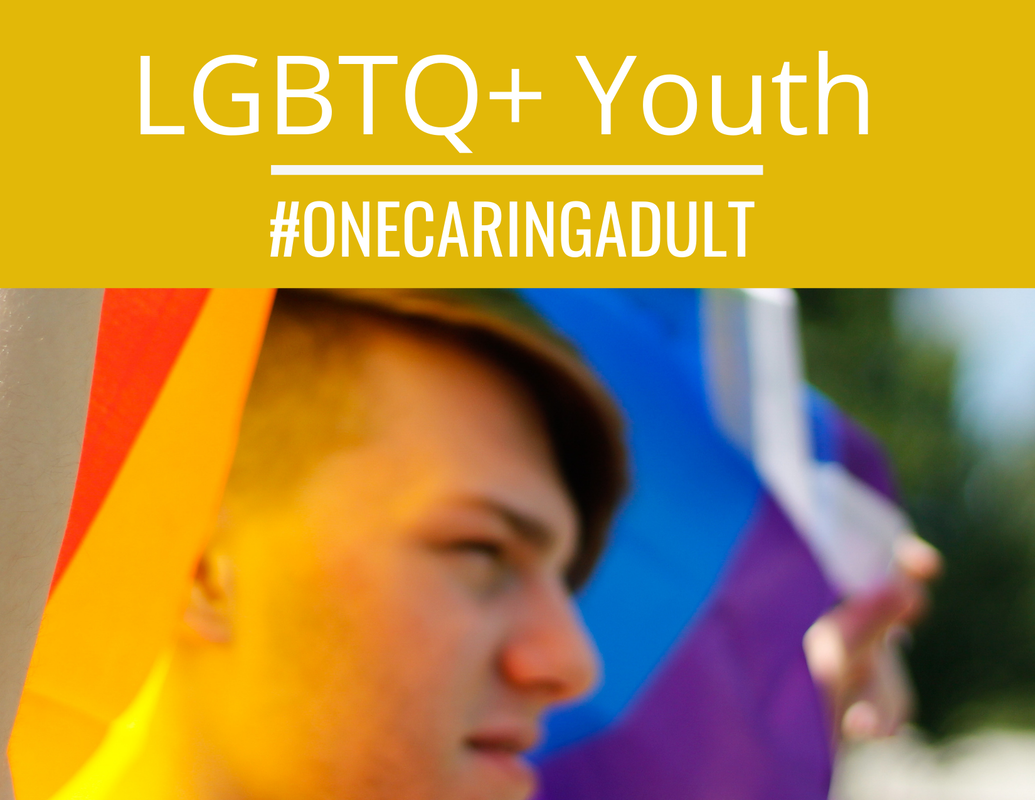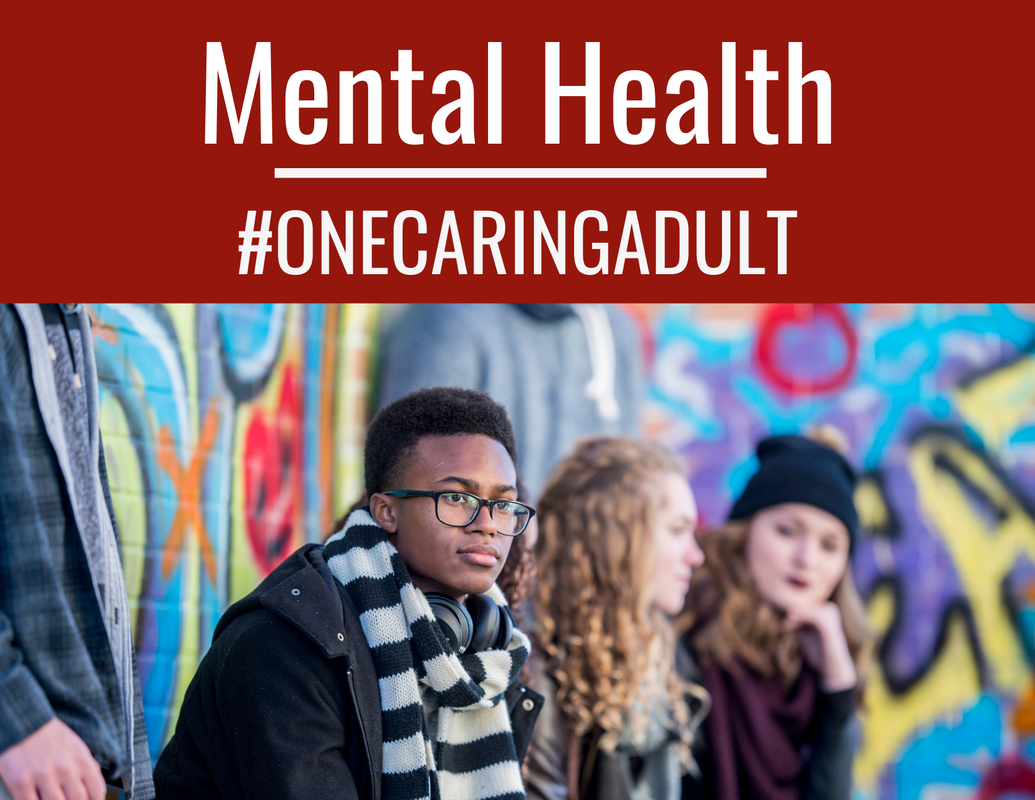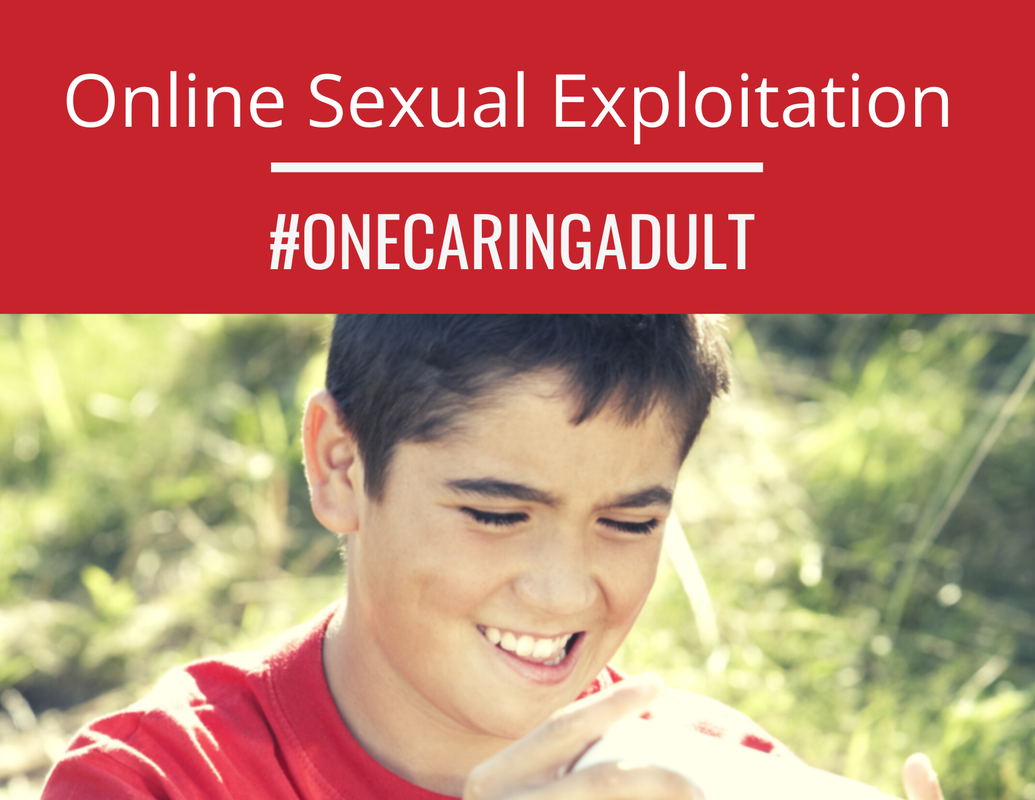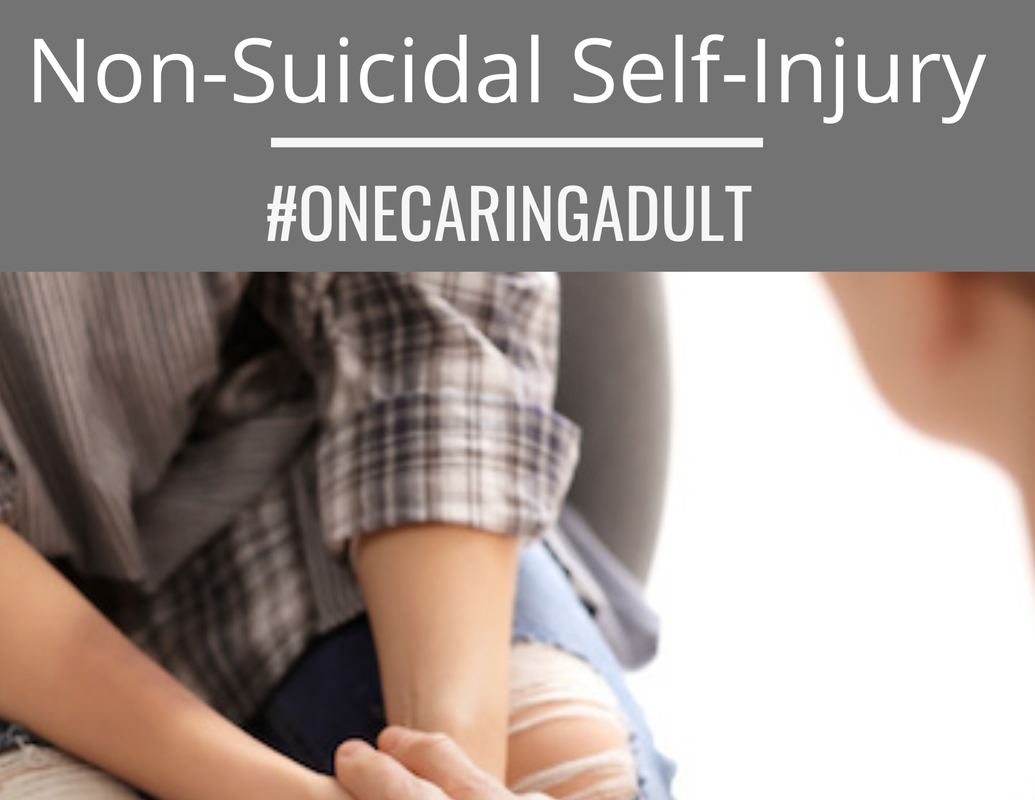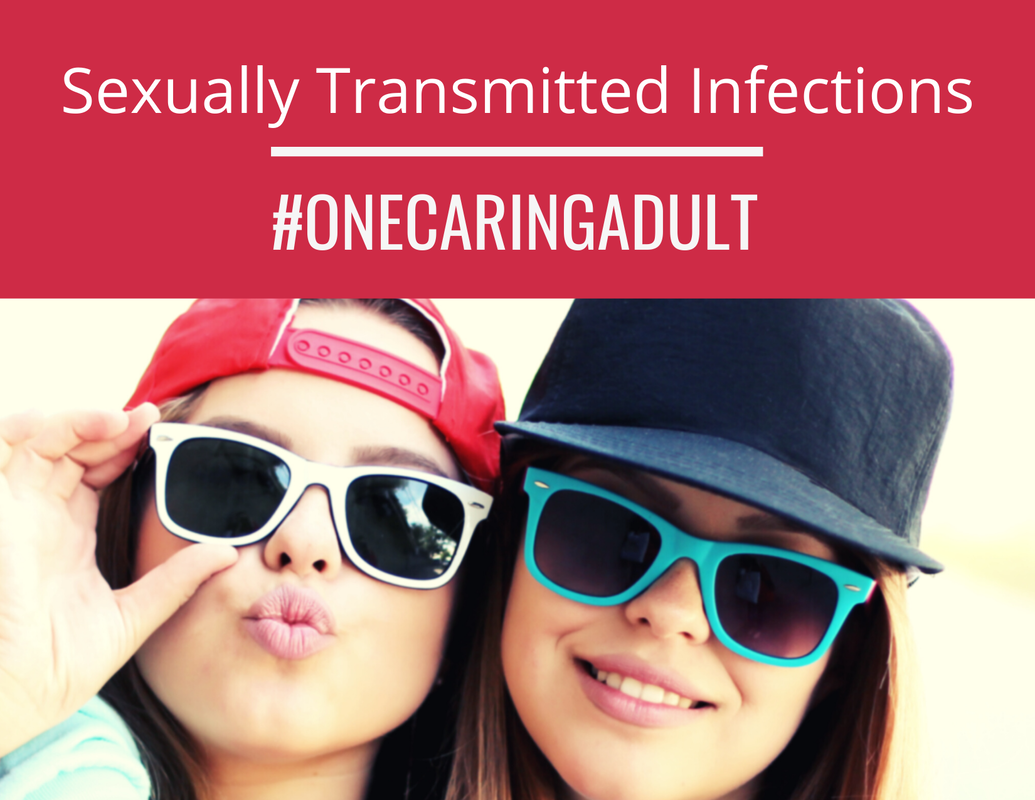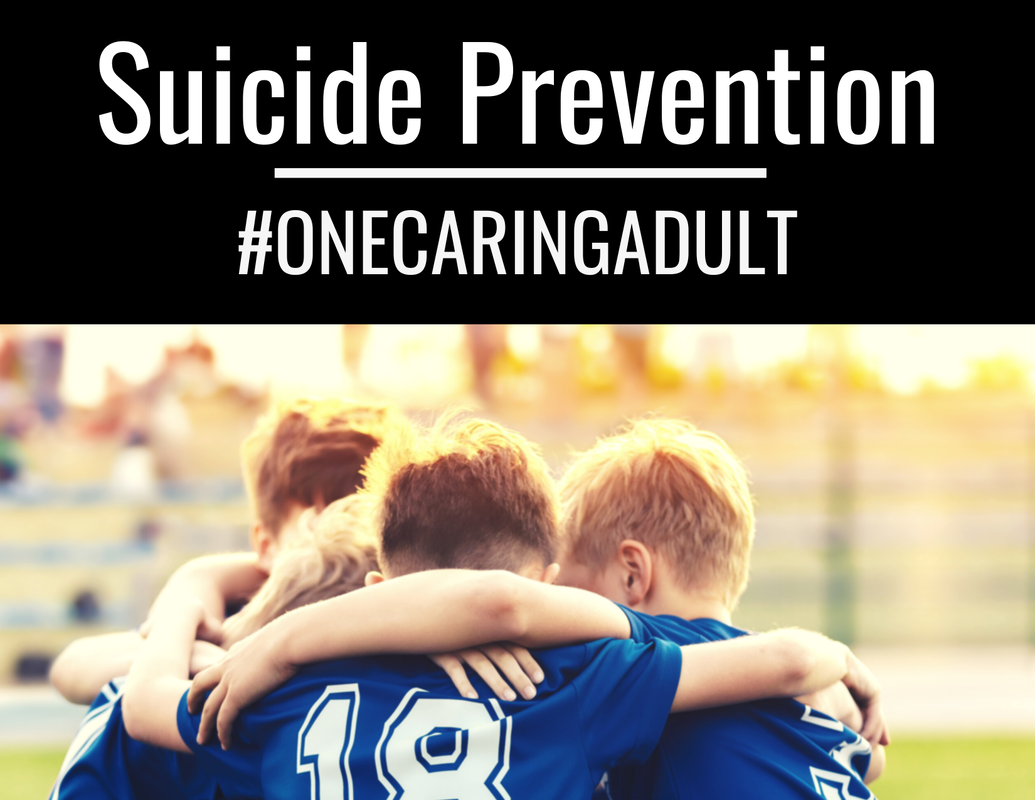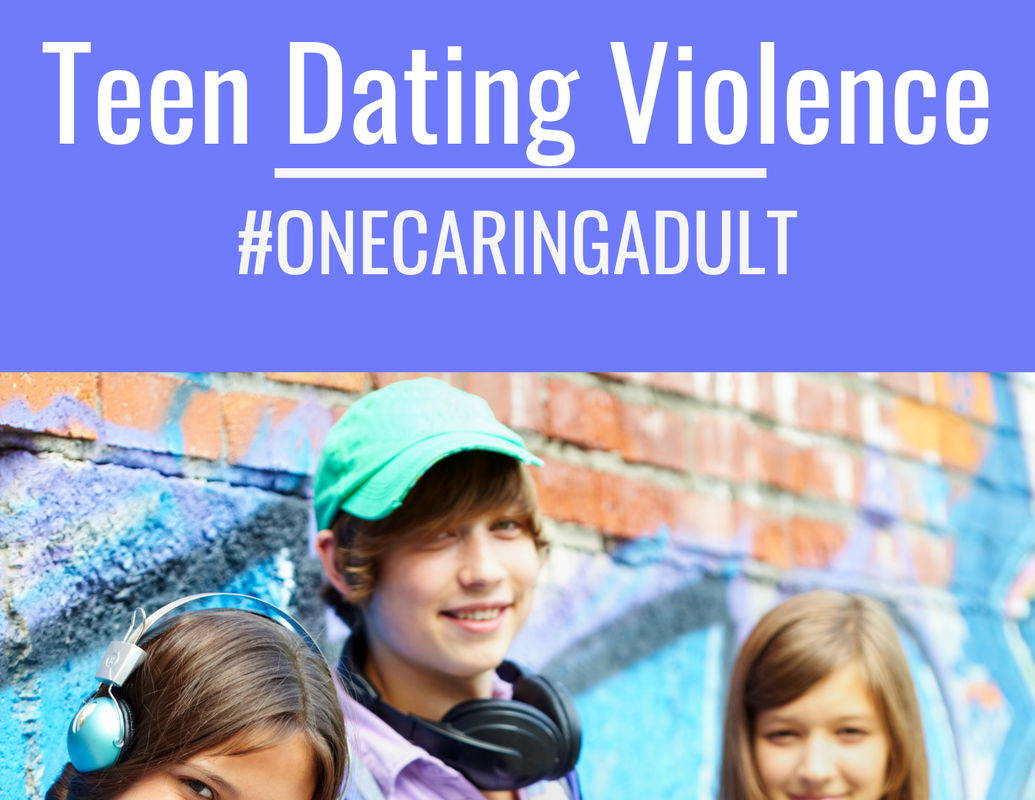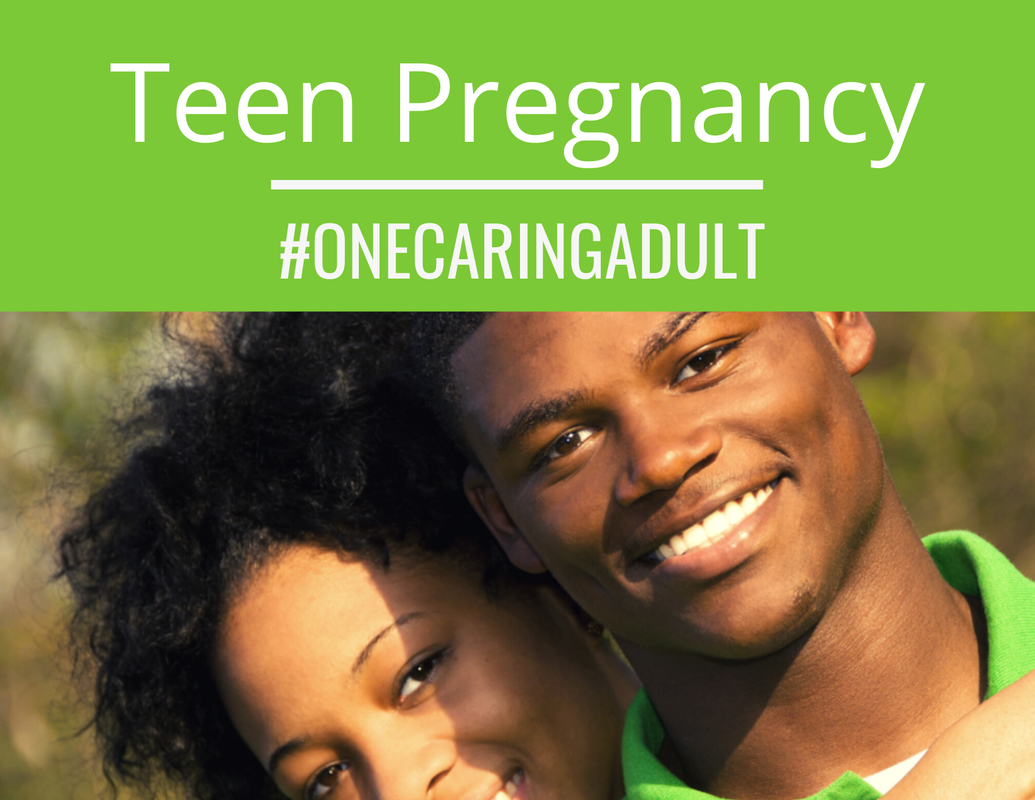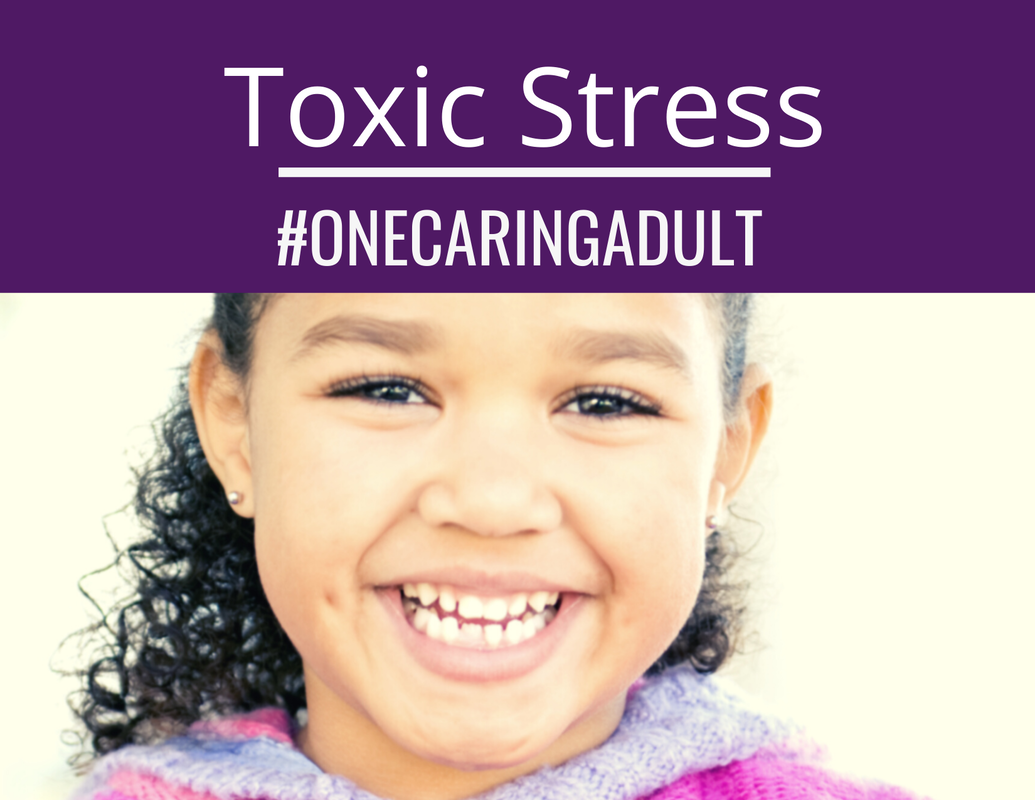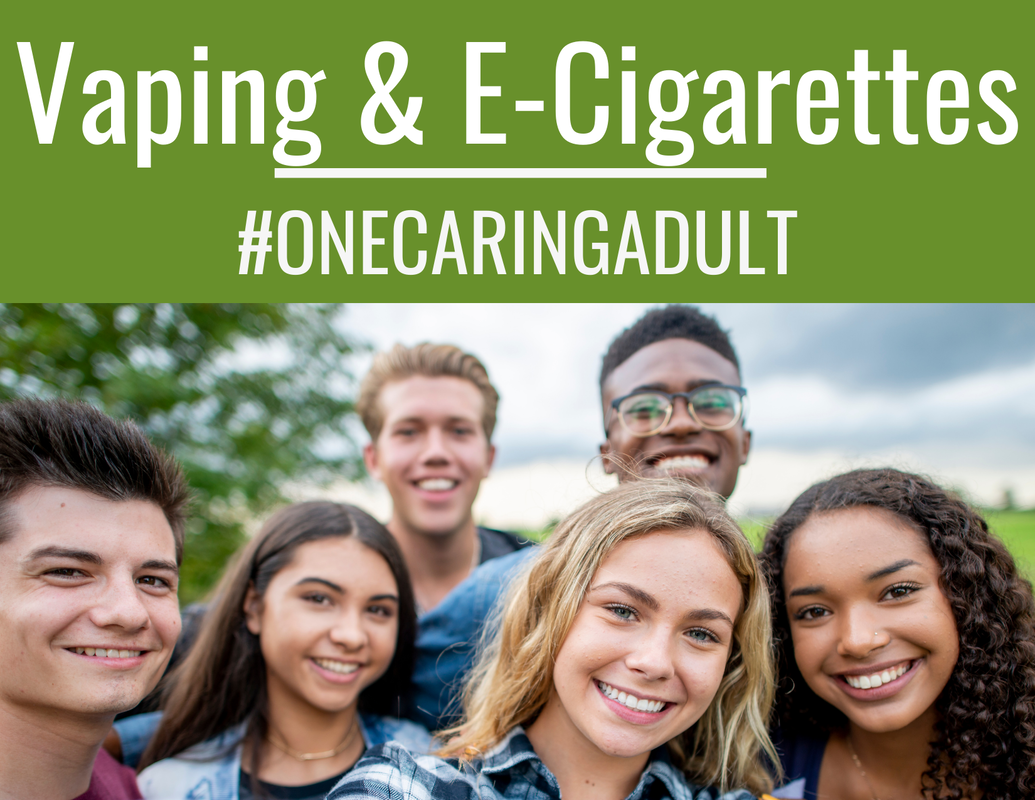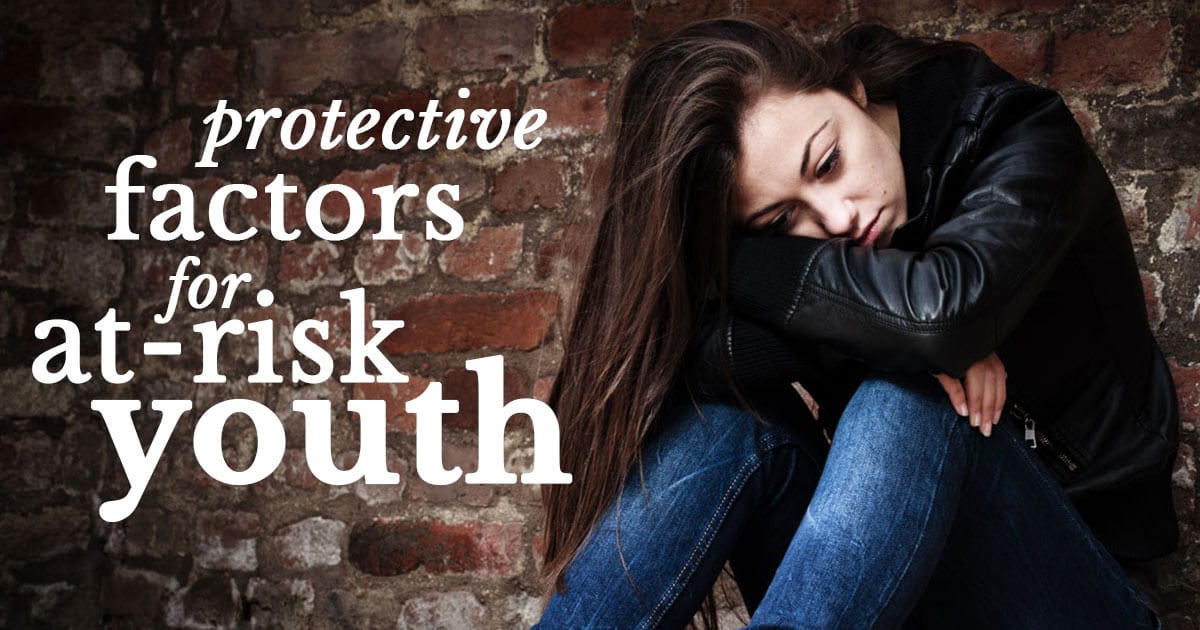- Home
- Trauma-Informed Education
- Trauma Overview
-
#onecaringadult
- #Onecaringadult Allegany County App
- #onecaringadult- Academic Stress
- #onecaringadult- Alcohol and Other Drugs
- #onecaringadult- Bullying
- #onecaringadult- LGBTQ+
- #onecaringadult- Childhood Neglect
- #onecaringadult- E-Cigarettes and Vaping
- #onecaringadult- Eating Disorders
- #onecaringadult- Mental Health
- #onecaringadult- Online Sexual Exploitation
- #onecaringadult- Non-Suicidal Self-Injury
- #onecaringadult- Sexual Abuse
- #onecaringadult- Sexually Transmitted Infections
- #onecaringadult- Suicide Prevention
- #onecaringadult- Teen Dating Violence
- #onecaringadult- Teen Pregnancy
- #onecaringadult- Toxic Stress
- #onecaringadult- Vaping & E-Cigarettes
- #onecaringfriend
- Trauma-Informed Resources
Topics |
Protecting and Supporting our YouthPositive relationships protect children from high risk behaviors. Sometimes all it takes is #onecaringadult to make a difference.
Based on these statistics, you likely have interacted with a child that has experienced sexual abuse, dating violence, bullying, or sexual exploitation without knowing it. You more than likely have encountered a youth living with a sexually transmitted infection, one who is questioning their sexuality, or who is misusing alcohol and/or other drugs. You may know a family member, congregation member, neighbor, or other community youth who has experienced a pregnancy, a mental illness, coped with toxic stress or academic stress, or has contemplated suicide. So many of these problems are related to, or a result of, adverse childhood experiences that can last a life-time. Incorporating trauma-informed practices into our daily interactions with children is a way to make all kids feel safe and an opportunity to be that one caring adult. Trauma impacts how kids learn and interact with adults and their peers. Educators, coaches, neighbors, extended family members, youth pastors, youth-group leaders, and any adult can fill a unique role in caring for and nurturing children, which provides a powerful opportunity to minimize the impact of trauma on a child’s life and help foster resiliency. Yet, being that one caring adult can be challenging, especially when we don't have all the answers can make all the difference to a child. #onecaringadult provides you with steps to take when faced helping a child through a crisis. Remember, you don't have to be the expert. You only have to be that #onecaringadult to make a child feel safe and heard. Risk and Protective Factors The protective factors framework was introduced in 2003 by the Center for the Study of Social Policy (CSSP). It is a research-informed, strengths-based approach that prevents child abuse, neglect, and other negative life events by focusing on the well-being of all families and communities and helping families and communities identify and build on their own protective factors. Protective factors may lessen the likelihood of children being abused or neglected. Identifying and understanding protective factors are equally as important as researching risk factors. Individual Protective Factors
Family Protective Factors
Community Protective Factors
Risk and Protective Factors Are Influential Over Time
Risk and protective factors can have influence throughout a person’s entire lifespan. For example, risk factors such as poverty and family dysfunction can contribute to the development of mental and/or substance use disorders later in life. Risk and protective factors within one particular context—such as the family—may also influence or be influenced by factors in another context. Effective parenting has been shown to mediate the effects of multiple risk factors, including poverty, divorce, parental bereavement, and parental mental illness. The more we understand how risk and protective factors interact, the better prepared we will be to develop appropriate interventions. |
Episode of the 585 Prevention Podcast on the importance of talking to youth and how it helps prevent negative health outcomes such as drug and alcohol use and teen pregnancy
- Home
- Trauma-Informed Education
- Trauma Overview
-
#onecaringadult
- #Onecaringadult Allegany County App
- #onecaringadult- Academic Stress
- #onecaringadult- Alcohol and Other Drugs
- #onecaringadult- Bullying
- #onecaringadult- LGBTQ+
- #onecaringadult- Childhood Neglect
- #onecaringadult- E-Cigarettes and Vaping
- #onecaringadult- Eating Disorders
- #onecaringadult- Mental Health
- #onecaringadult- Online Sexual Exploitation
- #onecaringadult- Non-Suicidal Self-Injury
- #onecaringadult- Sexual Abuse
- #onecaringadult- Sexually Transmitted Infections
- #onecaringadult- Suicide Prevention
- #onecaringadult- Teen Dating Violence
- #onecaringadult- Teen Pregnancy
- #onecaringadult- Toxic Stress
- #onecaringadult- Vaping & E-Cigarettes
- #onecaringfriend
- Trauma-Informed Resources
